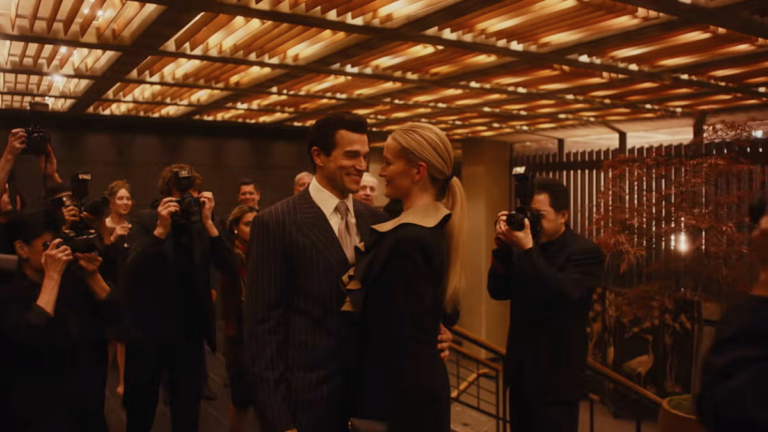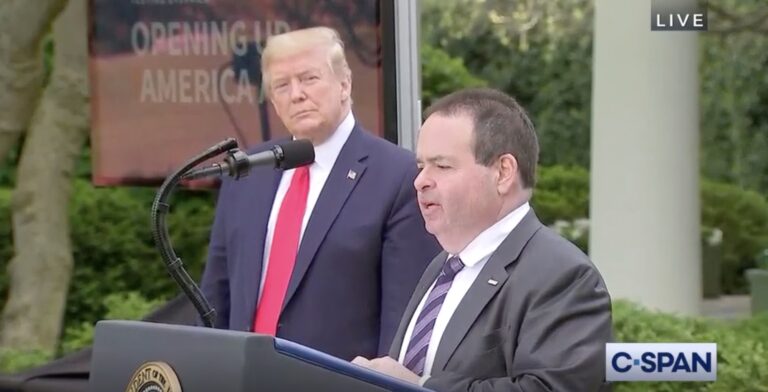Why I’d Rather Be A Journalist Than A Politician
Ever since I was a little kid, my family and friends have predicted that I would run for office one day. For parents’ night in second grade, students created a display of what they wanted to be when they grew up. Among a sea of firemen, professional athletes, and doctors, I wrote in my smudged left-handed writing that I wanted to be a politician. I’ve always been rather coy about my political ambitions, but my friends and family have seen right through my veneer of “I’d like to work in politics, but I’ve never considered running for office.” In fact, I’d thought of doing so even before I had won class and student council president elections from fifth grade through my senior year of high school. This year, however, I began to gravitate toward journalism. For the summer, I have decided to end my streak of working in politics in favor of working at a daily newspaper back home while continuing research for my boss, a staff writer at The New Yorker.
Unlike many Americans, I have no ill will toward politicians and those who work in politics. There are atrocious things that come from the decisions that politicians make, ranging from war to discrimination, and I detest the politicians who make those decisions. For the most part, however, I have always considered politics to be a noble professional realm. I understand the negative perception that people have of politics, and I realize from people’s comments that I strike them as an aspiring politician were—more often than not—backhanded compliments. I’ve always believed that the politicians and staffers who enter politics were once ambitious and well-meaning kids like me. Part of me even believes that a lot of people in politics are still this way at heart, and are just making a series of tradeoffs until they’re in a position to make a real difference and leave a lasting legacy.
However, after working for several campaigns and in the New York State Capitol over the last two summers, I’ve realized that I am in no position to do either of those things, and won’t be for a long time. Furthermore, I love writing, and I enjoy having a sense of ownership over what I write. When I was working at The New York State Assembly, I had no ownership over the writing I was doing. I was writing as a proxy for my boss doing internal memos going to the speaker or the governor, and my only personal trace in letters to constituents were the fine-print initials at the bottom of an otherwise impersonal correspondence. As much respect as I had for my boss and some of his colleagues, such as Senator Gustavo Rivera, I realized early on that I was going to have to pay my dues as an overworked, underpaid, and under-appreciated staffer, stuck in the modernist cage of the Legislative Office Building (LOB), doing the groundwork for the people I wanted to become.
Then came the moment when I realized I didn’t even want to become these people. When my boss voted against a bill that protected bathroom use based on gender self-identity as a civil right for trans people, I was in the chamber, debating whether to personally urge him to change his mind. I was too late; instead, he voted against the bill along with the Republicans and a few members of his own party. As I looked up from the bill memo and cosigning form I was to deliver to my boss, I saw him punch the red button on his desk with the hand that wasn’t holding his phone. My heart sank as I saw a red “No” come up next to his name on the chamber’s electronic board. As I furiously walked through the Capitol Building back to the office, I realized that if I continued on this path, I, too, would end up one day disappointing the idealistic aspiring politician within me, and more importantly, would one day let down my constituents who need help.
This was only reinforced when I shared an awkward elevator ride with the now-convicted felon Sheldon Silver, former Speaker of the New York State Assembly whom at that point was facing corruption charges and had been demoted from his speakership, forcing him to share the LOB elevator with an overly ambitious 20-year-old who didn’t know any better. Despite having a horribly boring monotonous speaking voice resembling Eeyore from “Winnie the Pooh,” Silver had been a hero of mine the first summer I was in the Capitol, and to some extent even when I was a little kid watching from the grandstands with my mom as mental health bills she had lobbied for came up for a vote in the assembly. No more intensely did that ambitious child within me feel betrayed as when I exchanged a few words with Shelly Silver in the staff elevator.
Journalism had not been a major part of my life up until relatively recently. Most of the journalism I consumed before arriving at Wesleyan was strictly political journalism. I would watch Chris Matthews and Rachel Maddow after hockey or lacrosse practice and pretend that I was a guest on their show. I read Politico and The New York Times before chapel every morning, and I would bring up what I was reading in my chapel announcements and in class. The only time I ever considered being on the other side of the camera or the page was when I would wake up early on weekends to watch “Up with Chris Hayes,” who was the only journalist I had seen on TV who spoke with the same staccato rhythm and wonkiness that I liked to speak with in class and at the dinner table.
Although I was the editor-in-chief of my high school newspaper, I had only been a member for two years, and I exclusively wrote political editorials. For my first two years at Wesleyan, I wrote mostly opinion pieces until the current editor-in-chief of The Argus, Jess Zalph ’16, convinced me to write a feature on trigger warnings during my sophomore year. Before going abroad to Paris my sophomore year, I had written nine articles in my first three semesters at the University. As of this article’s publishing, I’ve now written 54 articles for The Argus with at least one in every section.
So what changed? I honestly don’t know at this point. I went from writing obscure satire on Ted Cruz in the Opinion section to interviewing New York Times Chief Film Critic A.O. Scott for the Arts section, writing a piece on hookup culture for features, covering the men’s hockey team for sports, and breaking a news story on a leaked WSA email on potential impeachments.
I’ve always had diverse curiosities, but this year I put my inhibitions aside and, as Lin-Manuel Miranda puts it in Hamilton, started writing like I was “running out of time.” Perhaps this is just a phase, and I’m writing out of some deeper insecurity that I’m not consciously aware of, only to end up becoming a consultant in Brooklyn. But I’d like to think that I am more effective civically if I work outside of politics, and that I should at least try to make a living as a journalist while I’m young. I’m not sure where this is going, and it may not go very far at all, but I shouldn’t throw away this shot. No matter who reads or doesn’t read, I can at least go to bed at night knowing that I am happy doing what I love.
Lahut is a member of the class 0f 2017.







Becuase you want to mask your opinions as joirnalism like every other journalist out there today.